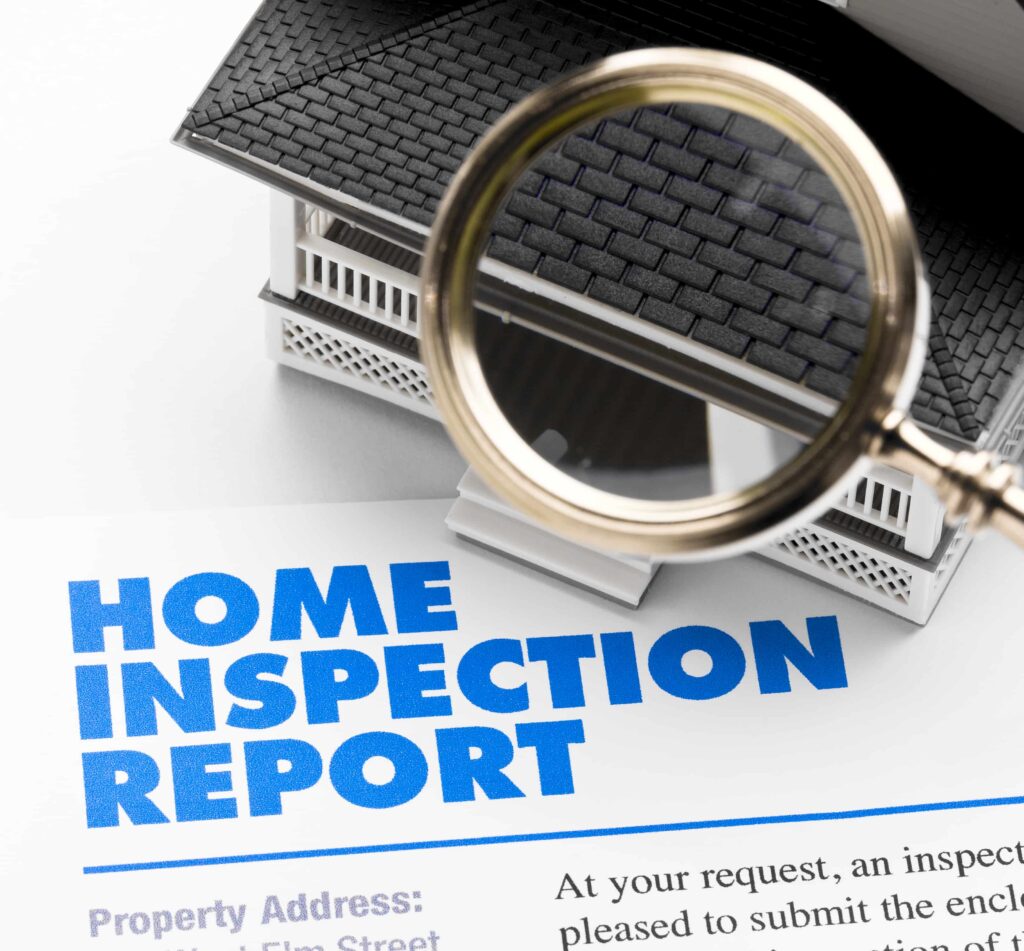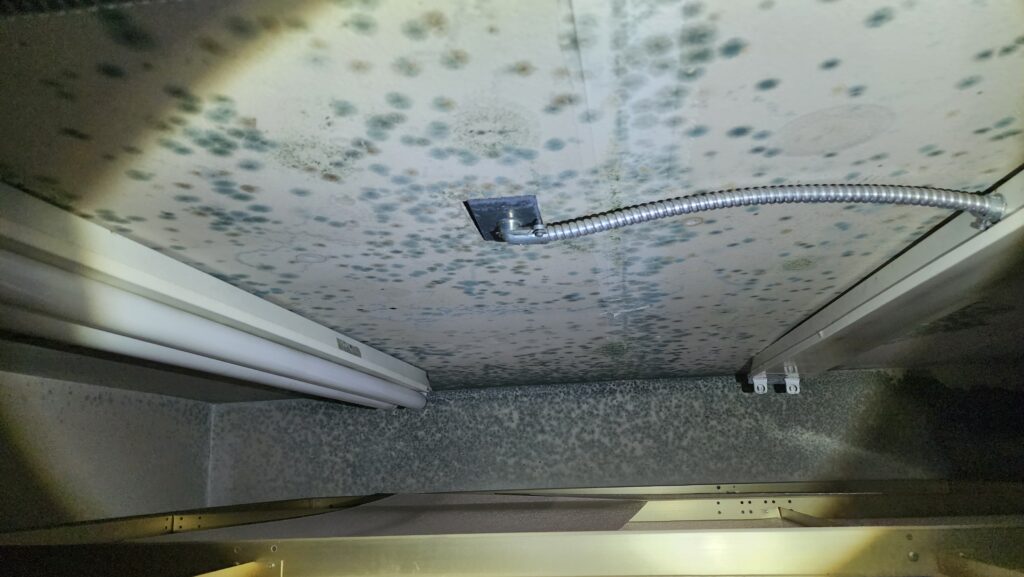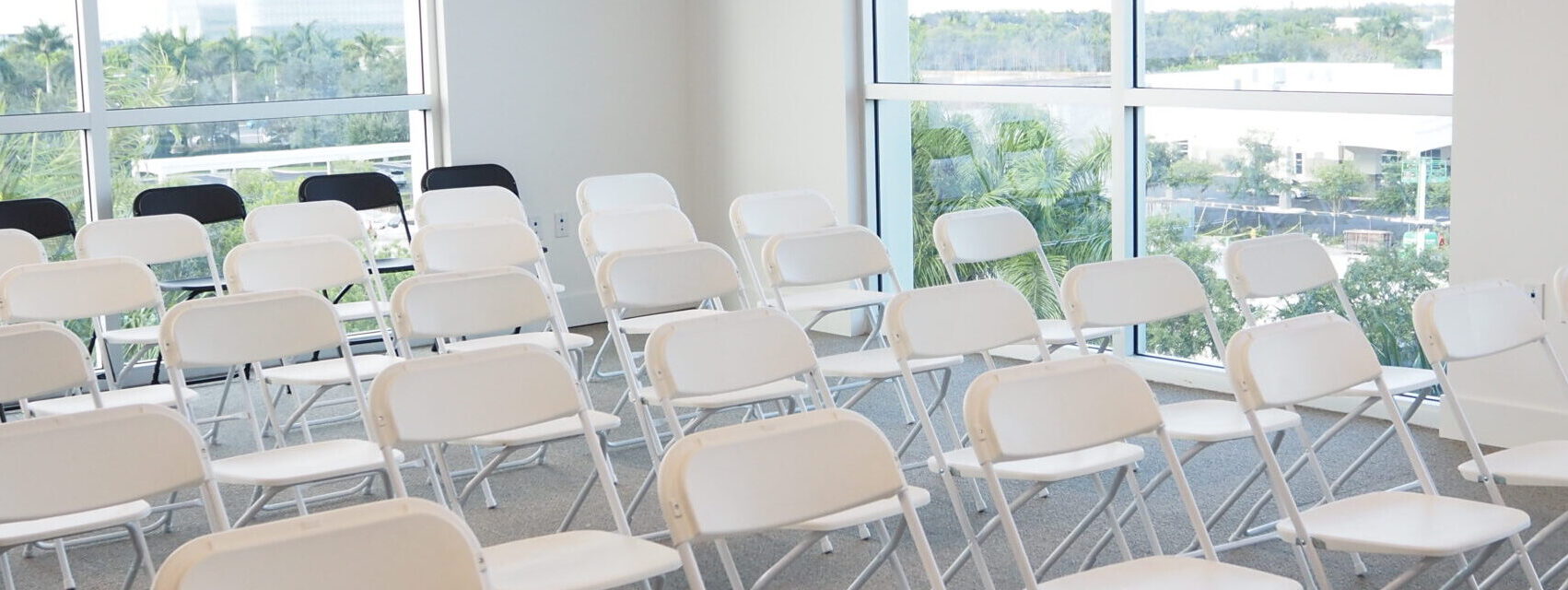
Is a Home Inspection Necessary in a Real Estate Transaction?
In today’s limited real estate market, buyers often waive their right to a property inspection in their rush to secure a contract. However, this mistake can result in costly repairs, replacements, and high insurance premiums. Each property is unique in terms of building materials, design, and age, and a thorough inspection is necessary to identify any potential issues. Inspectors are trained to follow a proven protocol and have a keen eye for identifying deficiencies. Whether it’s a new or old construction, a good inspector will likely find some issues.
Hiring a licensed and experienced home inspector can make a significant difference in closing a good deal or regretting a purchase. Components such as the roof, electrical system, plumbing system, and HVAC system can be costly if they require repairs. A home inspection report provides a professional narrative with easy-to understand descriptions and images detailing any issues and estimated repair costs. This report allows buyers to negotiate a better deal, obtain credit for repairs, or cancel the contract without penalties.
Some inspection companies also offer environmental inspection services, such as mold, radon gas, water testing, volatile organic compounds (VOC) testing, and termite inspection. These can be performed independently or as add-ons to a home inspection.
Understanding the condition of a potential dream home through a professional home inspection report provides buyers with the knowledge to make the right decision. Investing in a home inspection is an investment in peace of mind and protection for oneself and one’s family. Knowledge is power, and being proactive can save time and money in the long run.
Written By Carlos Morejon's of GLC Home Inspections

Do I need a Mold Assessment?
It doesn’t matter if your home is brand new or 40 years old. Mold does not discriminate and is great at hiding in places you won’t see it. The presence of mold can damage both your property and your health, so it’s important to know if you have mold in your home.
What are some signs that may indicate a mold assessment is needed? Let’s go over a few of the most common things you should be keeping an eye out for at home.
1.Musty smells. When a new clients call, the 1st question I ask is, why do you think you need a mold assessment? 99% of the time their response is, “there is a funny smell that I can’t get rid of.” While not all molds produce an odor, a persistent “basement smell” in your home is a sign that unwanted fungi are living in your house.
2. The 2nd most common answer is, “ I am always sick and can’t figure out why”. According to Cleveland Clinic signs of mold exposure include sneezing, itchy throat and coughing, red eyes, skin irritation, postnatal drip and nasal congestion. Extended exposure can also trigger and worsen asthma symptoms. Most of the time these symptoms will get better after being away from home for a few hours but return once you get back home.
3. Mold thrives on humidity, so long-term moisture will eventually cause fungal growth. If your wallpaper is bubbling, cracking, or peeling, chances are there’s mold behind it.
4. Also caused by a humidity issue, you can get fungal growth around AC vents. Most of the time that dark discoloration is not dust or dirt.
5. Lastly, look imperfections on your walls. Water-damaged areas are a great place for mold to grow. If you see water stains, you should definitely check for mold. Discolored walls can also be the result of mold colonies. Mold comes in different colors, so take notice of any dark, fuzzy, white, green, brown, or even orange patches.
If you suspect you may have problem with mold or air quality, you should reach out to a licensed professional in your area for testing.
Written By Christina Ritacco of Superior Mold Services.

